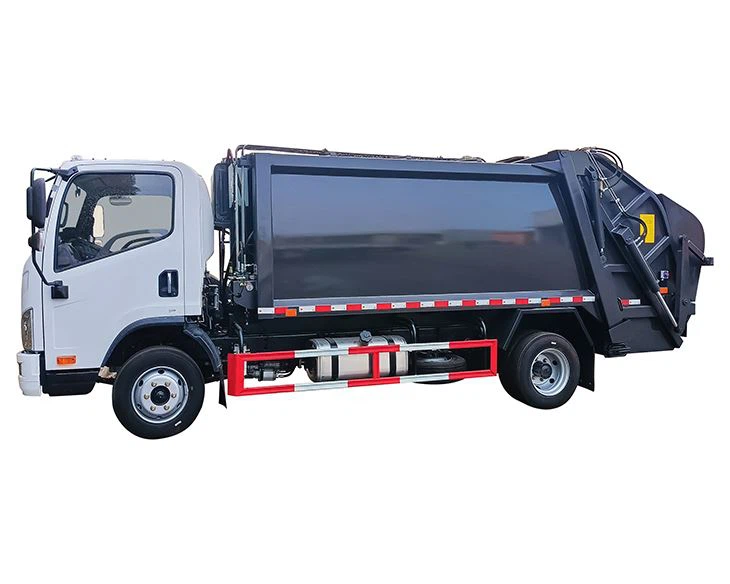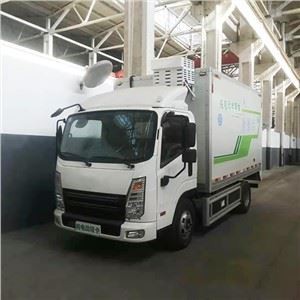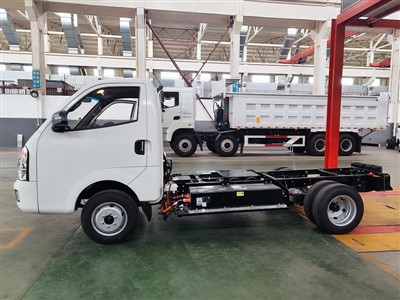Septic Tank Trucks for Sale: Your Comprehensive Guide to Buying and Owning One

Septic tank trucks are essential for maintaining sanitary conditions and efficiently managing wastewater in both residential and commercial areas. In this article, we will explore everything you need to know about septic tank trucks for sale, including their types, buying factors, operational tips, and frequently asked questions. Whether you are a contractor, a business owner, or an individual looking to purchase one, this guide will provide valuable insights.
Understanding Septic Tank Trucks

What is a Septic Tank Truck?
A septic tank truck, also known as a vacuum truck, is a specialized vehicle equipped with a pump and tank used to empty and clean septic tanks, sewage systems, and other waste storage facilities. These trucks are crucial for waste management in areas not connected to municipal sewer systems.
Importance of Septic Tank Trucks
Septic tank trucks play a vital role in environmental protection and public health. They ensure that waste is safely removed and disposed of, preventing contamination of groundwater and surrounding areas. Proper maintenance by professionals operating these trucks helps avoid health hazards and costly system failures.
Types of Septic Tank Trucks
Standard Vacuum Trucks
Standard vacuum trucks are designed for general septic tank cleaning and waste collection. They come equipped with a large tank (usually ranging from 1,000 to 3,000 gallons) which allows for effective service in homes, businesses, and construction sites.
Liquid Waste Trucks
Liquid waste trucks cater specifically to the transportation of liquid waste, including sewage, sludge, and other effluents. They can operate in more sensitive environments with specialized pumping systems to prevent spillage and ensure safe transport.
Combo Trucks
Combo trucks combine the functions of vacuuming liquid waste and jetting to clear blockages in sewer lines. They are versatile vehicles ideal for various waste management tasks, making them a popular choice for many contractors.
Portable Sanitation Trucks
Portable sanitation trucks are used for servicing portable toilets at events and construction sites. These trucks are smaller in size and often feature additional compartments for cleaning supplies and waste storage.
Key Features to Look For
Pump Capacity
When looking for septic tank trucks for sale, a key consideration is the pump capacity. This is typically expressed in gallons per minute (GPM), which indicates how quickly the truck can empty a tank. A higher capacity means more efficient service.
Tank Size
The size of the tank is also important. A larger tank allows for extended service without frequent trips to the disposal site. Common tank sizes for septic trucks range from 1,000 to 3,500 gallons.
Build Quality and Durability
Choose a truck made of high-quality materials that can withstand harsh working conditions. Stainless steel tanks are corrosion-resistant and ensure longevity, while robust chassis will improve the truck’s reliability.
Tank Material Comparison
| Material | Benefits | Drawbacks |
|---|---|---|
| Stainless Steel | Corrosion-resistant, durable | Higher initial cost |
| Polyethylene | Lightweight, cost-effective | Less durable than metal |
Vehicle Specifications
Consider the specifications of the vehicle itself, including the engine power, transmission type (automatic vs. manual), and the overall weight. These factors will impact the truck’s ease of use and efficiency.
Additional Features
Look for trucks with features such as pressure washing hoses, remote control operations, and effective filtration systems. These can enhance the operational capabilities and safety of the unit.
Buying Tips for Septic Tank Trucks
Research and Compare

Before making a purchase, research different models and brands of septic tank trucks. Compare their specifications, performance ratings, and customer reviews. This will ensure you invest in a reliable truck that meets your needs.
Consider Used vs. New
Decide whether to buy a new or used septic tank truck. New trucks often come with warranties and the latest features, while used trucks can be more affordable. Ensure that any used truck has been well-maintained and is in good working condition.
Check for Compliance
Ensure the truck you are considering complies with local regulations regarding waste transportation. It should meet safety standards and be equipped with the necessary permits for operation.
Inspect and Test Drive
Always conduct a thorough inspection of the truck before purchasing. Check for signs of wear, functionality of features, and overall condition. A test drive can help you assess the vehicle’s performance in real-time.
Financing Your Septic Tank Truck Purchase
Understand Your Budget
Determine a realistic budget for your septic tank truck purchase. Factor in not only the purchase price but also additional costs such as registration, insurance, and maintenance.
Financing Options
Explore various financing options available for buying a septic tank truck. Options may include bank loans, leasing agreements, or seller financing. Compare interest rates and repayment terms to find the best choice for your financial situation.
Tax Implications
Consult a tax professional to understand the tax implications of purchasing a commercial vehicle. You may qualify for tax deductions related to depreciation or operational expenses for your septic tank truck.
Operational Tips for Septic Tank Truck Owners
Proper Maintenance Practices
Regular maintenance is crucial to ensuring the longevity of your septic tank truck. This includes routine checks of the pump, tank, and hoses for any signs of wear or leaks. Follow the manufacturer’s maintenance schedule to minimize downtime and repairs.
Training and Certification
Ensure that all operators of the septic tank truck are properly trained and certified if required. They should understand the safety protocols and operational procedures to ensure efficient and safe waste management.
Understanding Local Regulations
Familiarize yourself with local regulations regarding waste disposal and transportation. This knowledge is essential for ensuring compliance and avoiding fines or penalties.
Documenting Operations
Keep detailed records of all operations, including maintenance logs, waste disposal receipts, and service schedules. This documentation is vital for regulatory compliance and can help in the event of inspections or audits.
Cost of Septic Tank Trucks
Price Range
The price of septic tank trucks can vary significantly based on factors such as size, brand, and condition. On average, new trucks can range from $50,000 to $150,000, while used models can start as low as $20,000 to $40,000.
Additional Costs
In addition to the purchase price, consider other costs such as insurance, maintenance, fuel, and licensing. Understanding these costs can help you budget more effectively.
Operational Cost Breakdown
| Expense Type | Estimated Cost |
|---|---|
| Insurance | $1,500 – $3,000/year |
| Maintenance | $1,000 – $5,000/year |
| Fuel | $5,000 – $10,000/year |
Frequently Asked Questions (FAQs)
1. How often should I empty my septic tank?
Typically, septic tanks should be emptied every 3 to 5 years, depending on household size and water usage.
2. What are the signs that my septic tank needs to be emptied?
Signs include slow draining sinks, foul odors, or standing water around the drain field.
3. Can I operate a septic tank truck without special training?

While it may not be legally required, obtaining training is advisable for safety and efficiency.
4. What should I do if my septic system fails?
If experiencing a failure, immediately contact a licensed septic service provider to assess and resolve the issue.
5. Are financing options available for purchasing a septic tank truck?
Yes, many banks and financial institutions offer loans and financing specifically for commercial vehicle purchases.
6. What are the environmental considerations for septic tank truck operation?
Operators must adhere to strict waste disposal regulations to prevent soil and water contamination.
